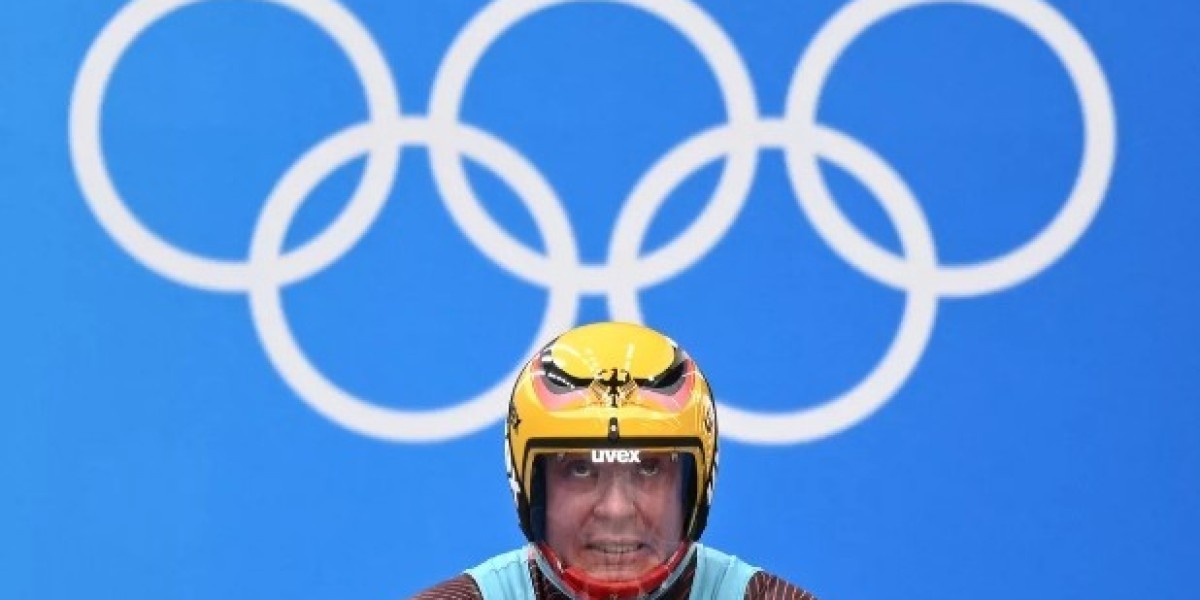Introduction:
In August 2015, the world witnessed a momentous event in international relations as the Iran nuclear deal, officially known as the Joint Comprehensive Plan of Action (JCPOA), was reached. This landmark agreement brought an end to intense negotiations between Iran and the P5+1 countries (United States, United Kingdom, France, Russia, China, and Germany) that spanned over a decade. The Iran nuclear deal aimed to address concerns regarding Iran's nuclear program and establish a framework for peaceful coexistence. With the eyes of the world fixated on Vienna, Austria, the outcome of these deliberations would shape global diplomacy for years to come.
Detailed Description:
The atmosphere in Vienna was palpable as diplomats, negotiators, and journalists from around the world gathered for the final round of discussions. Faced with pressing international pressure, Iran was determined to negotiate a deal that would alleviate economic sanctions and establish diplomatic relations that it had long sought. Meanwhile, the P5+1 countries were cautiously optimistic, recognizing the significance of a potential agreement but also aware of the complex challenges and regional implications it would entail.
After months of arduous negotiations and multiple extensions, the final week in August proved to be decisive. Diplomatic tensions, public statements, and media speculations added to the already charged atmosphere, making it clear that the stakes were high for both Iran and the P5+1 countries.
On August 13, after weeks of intense discussions, the negotiators announced that a nuclear agreement had been reached. The agreement outlined a comprehensive framework that included provisions to limit Iran's nuclear activities, enhanced monitoring mechanisms, and a phased approach to the lifting of economic sanctions. The deal aimed to ensure that Iran's nuclear program remains exclusively peaceful, in exchange for significant relief from international sanctions that had severely crippled its economy for years.
The announcement was met with a mix of cautious optimism and skepticism from the international community. Supporters hailed the agreement as a historic diplomatic breakthrough, highlighting the importance of dialogue and peaceful resolutions in the face of the global security challenges posed by nuclear proliferation. Critics, on the other hand, expressed concerns about potential loopholes and the level of trust placed in Iran's compliance.
The Iran nuclear deal had far-reaching implications beyond just the nuclear issue. It opened doors for increased cooperation between Iran and the international community on various fronts, including trade, energy, and regional stability, while also providing hope for more inclusive diplomatic approaches to resolving complex global issues. However, the agreement continued to face domestic and international hurdles, requiring efforts from all parties involved to ensure its successful implementation.
Conclusion:
The Iran nuclear deal of August 2015 marked a critical juncture in international diplomacy and non-proliferation efforts. Despite its inherent challenges and subsequent developments over time, the agreement stood as a testament to the power of negotiation, patience, and diplomacy to resolve complex geopolitical disputes. Its long-term impact on the regional dynamics and global security landscape remains to be seen, but it undoubtedly served as a significant milestone in forging a path towards a safer and more cooperative world.








